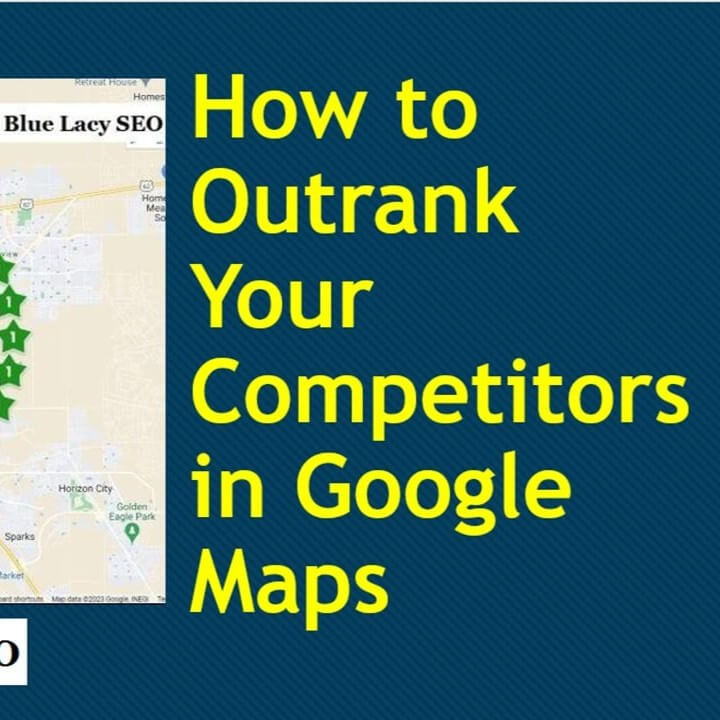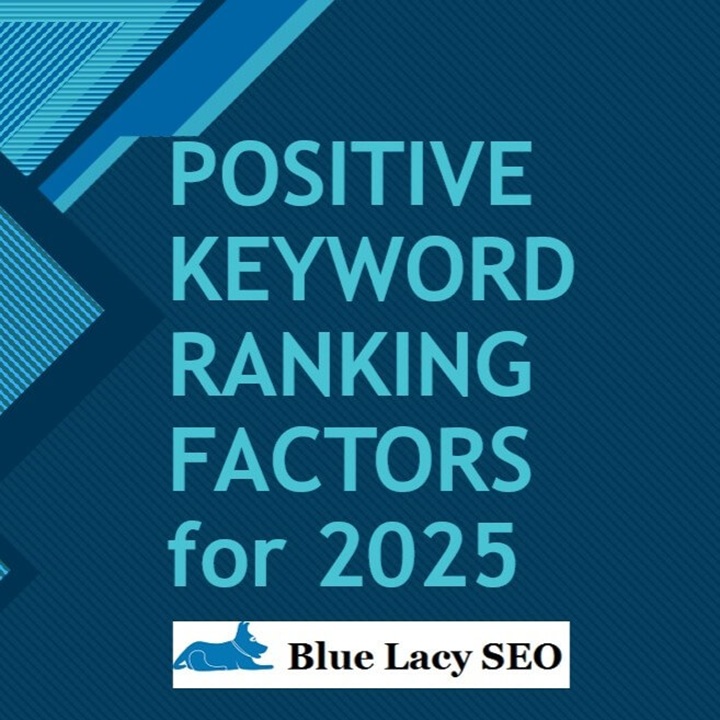If you are looking to build a website for personal use, a non-profit, for a business, or a blog, you will need a content management system, or CMS, to create, edit, and manage the website.
So, how to you choose the best CMS for your type of website? There are over 600 CMS solutions. Which one should you choose, and how are they different? The first factor to consider is the type of website you are going to create. Is it an online store (eCommerce), discussion board, artist portfolio, blog, or business services?
If you want a discussion board, then you would only look for discussion board software. Other types of websites could be built with a multipurpose CMS, such as WordPress, Joomla, or Drupal. These types of CMSs allow you to create simple one-page sites or big feature-rich websites.
Let’s look at the major CMS categories.
SaaS
The Software as a Service (SaaS) model provides the software, delivery, and hosting to the customer on a subscription basis that is usually paid monthly. The content is hosted on servers provided by SaaS company.
You are given software and tools to build your website by selecting a template that the company provides. Wix, Weebly, and Squarespace are examples of SaaS website builders.
Most SaaS providers have a free or paid plan. The free plan will use a shared domain, such as wix.com/yourbusiness. The paid plan will include your own domain, which you must buy, and eliminates the provider’s domain name.
Advantages
- No technical skill is needed. Knowledge of programming languages is not necessary.
- No worries about software updates and security patches. This is handled by the CMS provider.
Disadvantages
- You are limited to the themes and widgets available by the CMS provider. Because of these limitations, your website may not stand out from the crowd.
- Limited on-page SEO (Search Engine Optimization). Typically, SaaS providers don’t offer much in the way of optimizing your website for the search engines. If you want your website to rank high in the SERPs (Search Engine Results Pages), you may want a different CMS.
- You are limited to the page builder provided by the SaaS provider to create the pages for your website.
Self-hosted Website
With self-hosted websites, you take care of the software installation and hosting of the website. It also means that you should be familiar with SSL, FTP, HTML, MySQL, administration, plugins, caching software, and backup programs at a minimum. Knowledge of CSS and PHP may also be required.
Some popular self-hosted solutions are WordPress, Drupal, and Joomla, with WordPress being the most user-friendly.
Advantages
- With a self-hosted website you are free to update the look and functionality of the site.
- You own the content you create and any custom software developed for the site.
- Self-hosted websites, such as WordPress, Joomla, and Drupal are free open-source solutions.
- The functionality of the website is enhanced by a large source of plugins, free and paid ones.
- For WordPress, you can choose your own page builder, many of which are free.
- There is more functionality for completing on-page SEO tasks, such as: manage the URL structure, ability to manage redirects, generate an XML sitemap, manage the robots.txt file, and manage structured data, to name a few.
- You can choose your own theme from a vast array of free and paid choices.
- You can choose your own hosting company.
Disadvantages
- Open-source software becomes costly when you factor in the expenses for what is not included in the free download. You could be paying for a theme ($50 – $100) and paid plugins, such as image optimization or caching, that can cost several hundred dollars a year.
- You will be responsible for updating the CMS software and plugins, plus any security related tasks.
- You will be responsible for creating frequent backups (highly recommended) of the website. Many hosting companies will do this for a small monthly fee.
- WordPress users require a minimum amount of technical skills. But, many tasks, such as installing WordPress, can be automated by many hosting companies. Drupal and Joomla require much more technical knowledge to setup and operate.
Static Site Generators (SSGs)
Most CMSs create dynamic websites, which means that all the content is stored in a database and is served up dynamically when needed to construct the page. Static site generators allow you to build static HTML pages using templates. The pages are created on a local machine and then can be uploaded to a web server as needed. This is useful if you want to create a simple website that is purely informational, or if you have a blog.
Static sites are not new and were used to build pages long before the use WordPress, Drupal, and Joomla.
Some of the more popular SSGs are Jekyll, Lektor, Pelican, Hugo, and Gatsby.
Advantages
- An SSG allows very fast load times. There are no database queries or client-side server requests to slow the site down. A static site is always faster than a dynamic one.
- More secure. WordPress is susceptible to hacker attacks because of the myriad of third-party plugins. An SSG site will be as secure as the web server it’s on.
- More cost effective. Hosting a static website is very inexpensive and can even be free with GitHub Pages or Amazon AWS.
Disadvantages
- Static websites cannot process user input. This means there is no way to process webforms, leave comments, etc. without using third party services.
- There is no way to create user areas and customize content for particular users.
- Content is not real-time. Since the content is not dynamic, any changes made require uploading the entire site again.
- Static Site Generators require more of a learning curve. Some basic programming skills are necessary to handle some parts of the site.
Which type of CMS is best?
There is no clear answer here. If you are short on programming skills and don’t know what HTML is or how to install SSL, then stick with simple do-it-yourself Content Management Systems, such as Wix or Squarespace.
If you need a more customized website with proper SEO capabilities, then my choice would be WordPress, which is what we use here at Blue Lacy SEO. Most professional website builders and SEO professionals use WordPress, plus 30% of all websites use WordPress, including Amazon, NBC, and most large and small businesses.
If you want a fast, reliable website where the content doesn’t change much, and you have some programming skills, go with a static site builder.


